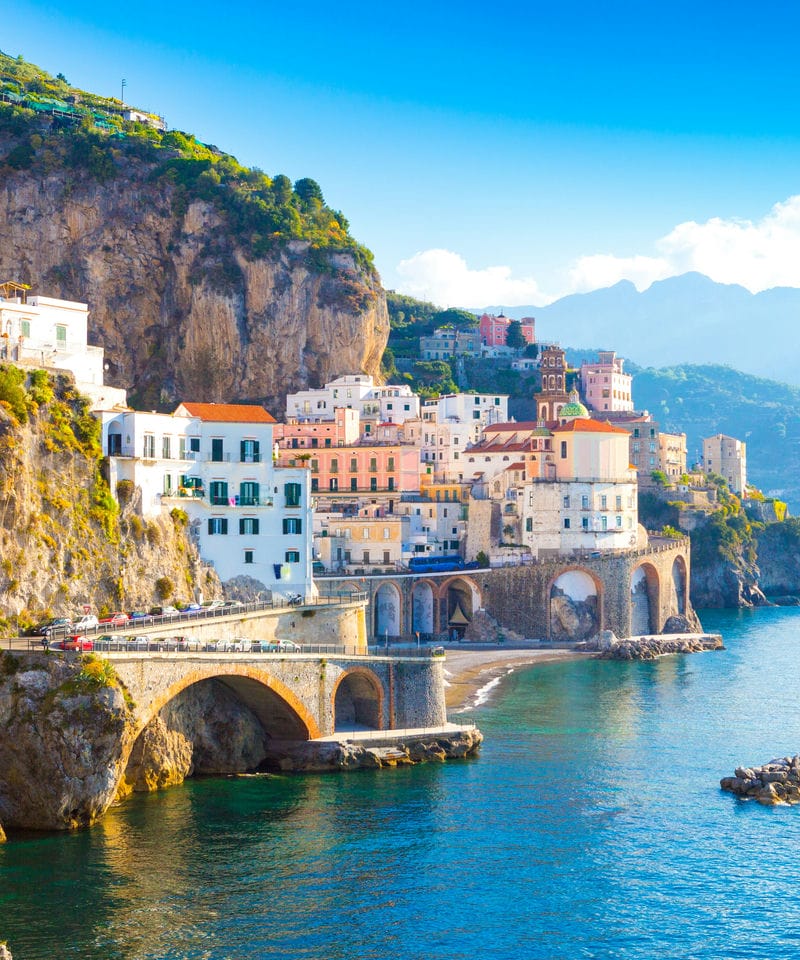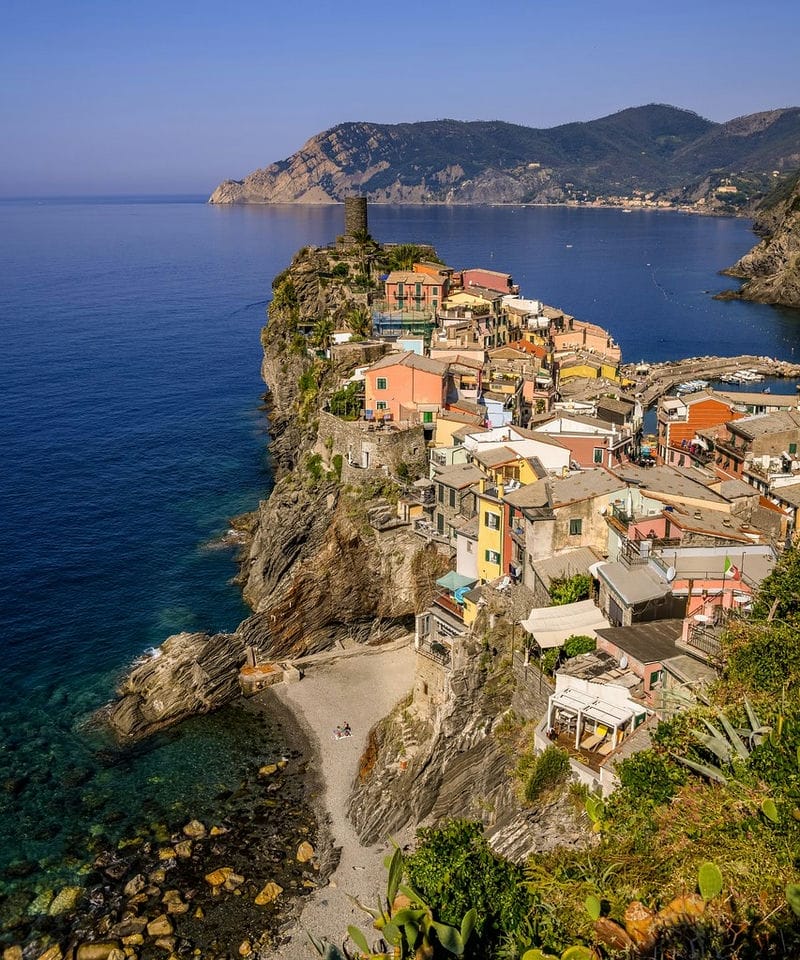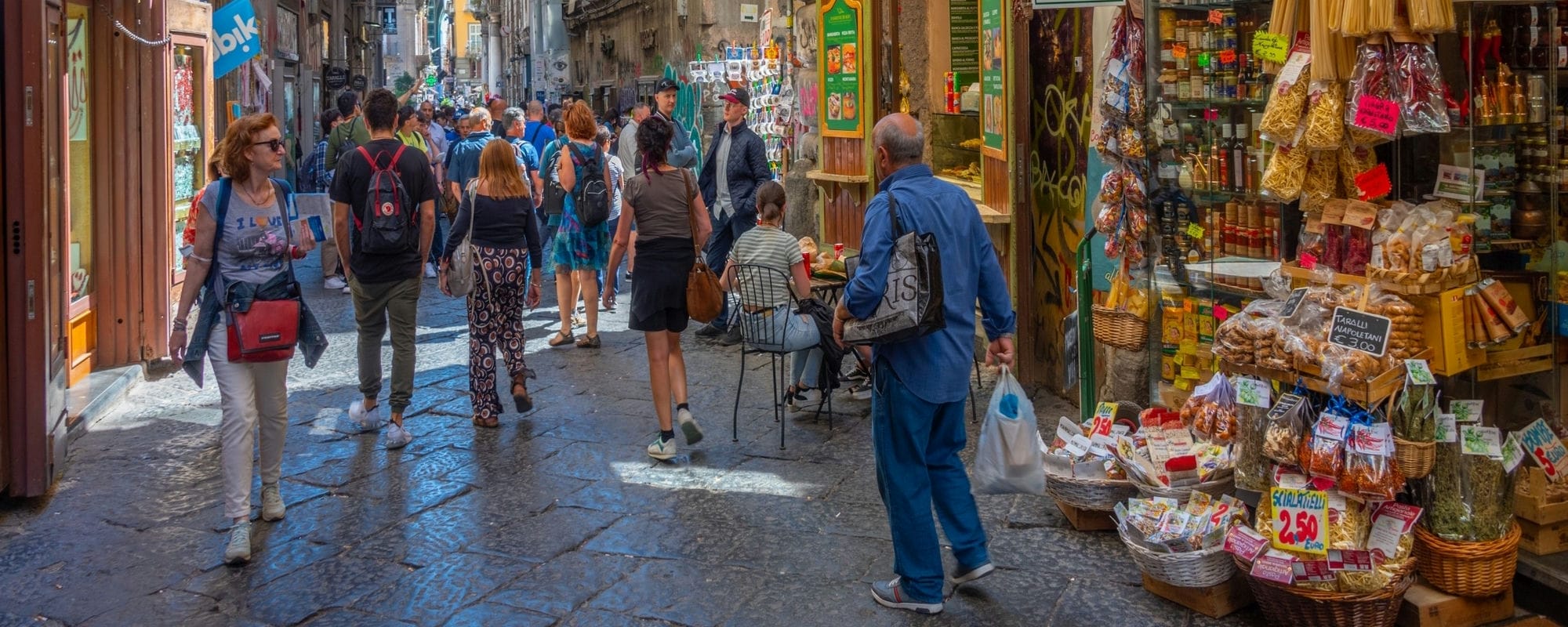
Tipping in Italy: A Quick Guide to Gratuity Graciousness
Key Takeaways
- Tipping in Italy is not mandatory but can be a polite gesture to show appreciation for good service.
- Tipping customs vary depending on the specific service, such as restaurants, hotels, or transportation.
- Being aware of cultural considerations can help tourists navigate Italian tipping etiquette with ease.

When traveling to Italy, one aspect that can cause confusion among visitors is the etiquette surrounding tipping.
In Italy, tipping is not as common or expected as it is in countries like the United States.
Nevertheless, there are certain situations where tipping is appreciated, and knowing when and how much to tip can be helpful for tourists looking to navigate Italian customs.
In Italy, tipping is generally considered a voluntary gesture to show appreciation for good service. It is not mandatory, nor is it demanded by service providers, as it is actually illegal to ask for a tip.
However, choosing not to leave a tip in certain circumstances can be perceived as impolite, indicating dissatisfaction with the service provided.
Tipping in Restaurants
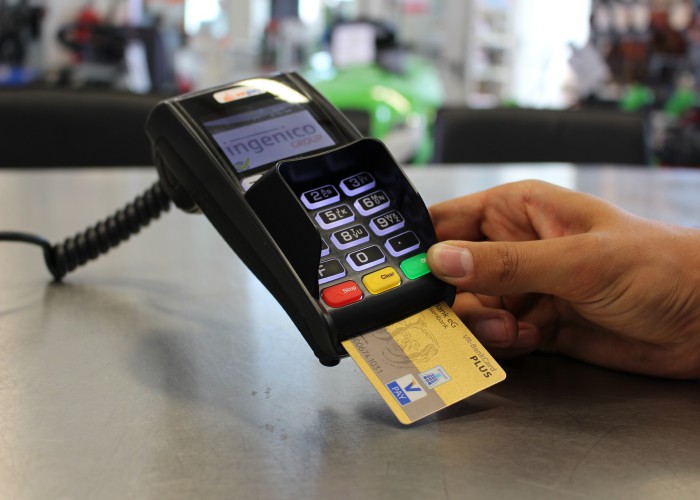
Explanation of General Practice
Tipping in Italy differs from other countries; it is more voluntary, aiming to show appreciation for services received.
Unlike the United States, where an automatic and generous tip is customary, Italians may not always leave a tip, and if they do, it isn't a large amount.
Discussion on When and How Much to Tip
When tipping in restaurants, it is important to understand the Italian perspective. Oftentimes, customers leave tips in the form of "keeping the change."
For instance, if an aperitivo costs €9.50 per person, you might leave €30 on the table, allowing the server to keep the €1.50 change.
While tipping is not obligatory, exceptional service may warrant a higher tip – often ranging from 10% to 15% of the total bill. Refraining from tipping may be considered impolite and a sign of dissatisfaction.
Moreover, when visiting Italy, it is essential to plan your trip to ensure you have an appropriate budget for tipping in various situations.

Tips on Service Charge
A key aspect of tipping in Italy is understanding the service charge. Many establishments will include a 'coperto' (cover charge) or a service charge on the bill.
In this case, you are not required to tip additionally, as the staff has already been compensated, but you can still leave a small tip if the service was outstanding.
It is important to carefully review your bill for any service charges, as they may vary depending on the restaurant's policy or location.
To summarize, tipping in Italy is not compulsory, but it is often appreciated if the service warrants it.
Keep an eye out for any cover or service charges already included in your bill, and be prepared to tip extra for exceptional service.
Being informed about Italian tipping culture helps to ensure a smooth and enjoyable dining experience during your visit.
Tipping in Hotels

Overview of Etiquette for Hotel Staff
In Italy, hotel tipping etiquette is more of a voluntary gesture than an obligation.
Unlike some countries where tipping is expected and sometimes even required, Italians generally don't follow a strict tipping culture.
However, showing appreciation for exceptional service remains customary and is always a nice gesture.
Here is a brief list of hotel staff members and the suggested tipping amount if you choose to tip:
- Bellhop or porter: €1-€2 per bag, depending on the hotel's luxury level and the weight of the luggage.
- Housekeeping: €1-€2 per day, left on the pillow or bedside table.
- Concierge: €5-€10 for exceptional service or help with reservations and recommendations. No tip is needed for basic information or directions.
Suggestions for Tipping at Different Accommodations
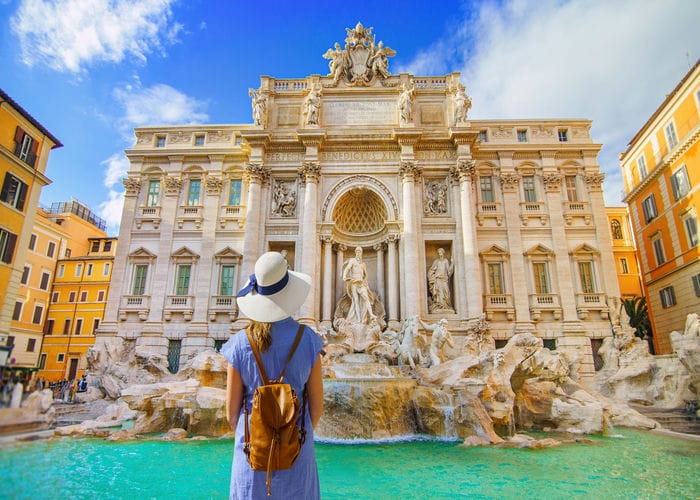
Different types of accommodations might alter your tipping etiquette. Here are three common types of lodgings in Italy and suggestions for tipping:
- Luxury hotels: Tipping is more common considering the higher level of service. It is appreciated by the staff at these establishments, although it is still not mandatory.
- Stick to the suggested amounts mentioned earlier and tip based on the quality of service received.
- Mid-range hotels: Tipping is less expected but also appreciated in mid-range hotels.
- You may want to tip the housekeeping staff, bellhop, or concierge if they provided excellent service. Again, follow the suggested amounts mentioned earlier.
- Bed and breakfasts or guesthouses: These establishments often have a more personal touch, with the hosts taking care of the guests. However, you may leave a small tip as a token of appreciation for good service or a lovely stay.
- Therefore, tipping is less common in these settings, as the staff usually owns the property or close family members.
No matter how many days you spend in Italy, being polite and thankful usually goes a long way. Tipping isn't mandatory, but your kind gestures will undoubtedly be appreciated when you encounter exceptional service during your hotel stay.
Tipping for Tours and Transportation

Advice on Tipping Tour Guides and Drivers
When participating in tours led by guides that take you around the best Italian attractions, showing appreciation with a tip is a kind gesture. Tour guides often put in significant effort to provide an enjoyable and educational experience.
For guided tours or excursions in Italy, like the best Greece Tours & Excursions, it's usually recommended to tip around €5-10 per person for half-day tours and €10-20 per person for full-day tours.
If you're on a private tour, you might consider tipping a bit more, as the guide's attention is solely focused on your group.
Drivers who provide shuttle services or bus transportation during a tour should also be considered for tips. A good rule of thumb is to tip €1-2 per person for short rides and €2-4 per person for longer rides.
However, always use your discretion when determining the appropriate tip amount based on the quality of service provided.
Tips for Tipping in Taxis and Other Transportation Services
In Italy, tipping taxi drivers is not as customary as in some other countries. Nonetheless, expressing gratitude for good service can be appreciated.
For taxi rides, it's common to round up to the nearest euro or give an extra euro or two on top, particularly for a long ride or if the driver helps with luggage.
For other transportation services, such as ride-sharing apps or private car hires, tipping is at your discretion.
However, the same general guidelines for taxis can be applied to these situations.
Remember, tipping in Italy is more of a gesture of appreciation for good service rather than an obligation.
Cultural Considerations

Insight Into Cultural Context
Tipping in Italy is more of a voluntary gesture to show appreciation for services received. There are no written rules, and it's actually illegal to ask for a tip.
However, Italy's tipping practices mostly reflect the values of appreciation, respect, and heartfelt connections.
In some situations, not leaving a tip can be considered impolite and a sign that you are dissatisfied with the service provided.
Discussion of Tipping Customs in Different Regions
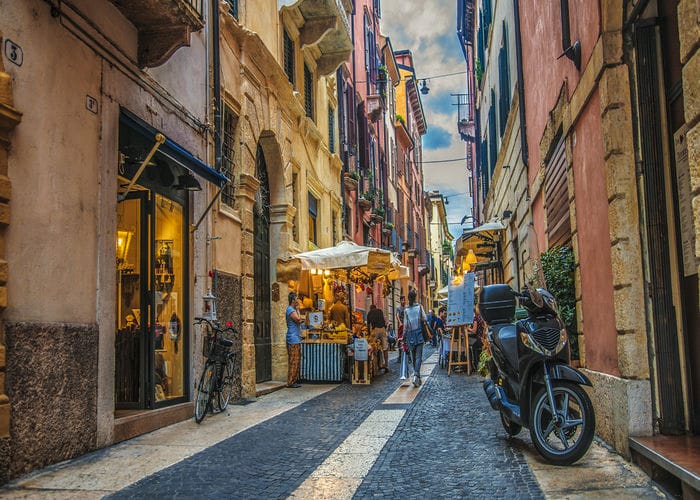
While tipping customs can vary slightly across Italy's diverse regions, some general guidelines can be followed:
- Restaurants: Tipping is not mandatory, but you can leave a small tip if you're satisfied with the service (usually around 5-10%).
- Cafés and Bars: It's common to leave a small tip (€1-€2) when you order a coffee or drink at the counter.
- Hotels: Tipping hotel staff, such as the bellhops or housekeepers, is appreciated but not required. A few euros per day or per service is a nice gesture.
- Tour Guides: For tour guides, it's appropriate to tip according to the length and quality of the experience. A tip of €5-€10 for a half-day tour or around €10 for a full-day tour is generally acceptable.
Regardless of the region, remember that tipping should be in cash, as it's usually not an option to tip on a credit card slip. Also, avoid tipping with small coins, as the €1 and €2 coins are more acceptable.
In conclusion, when visiting Italy, it's essential to consider cultural considerations, including understanding the regional tipping customs.
Being mindful of cultural expectations will help ensure a smooth and enjoyable experience.
Final Thoughts
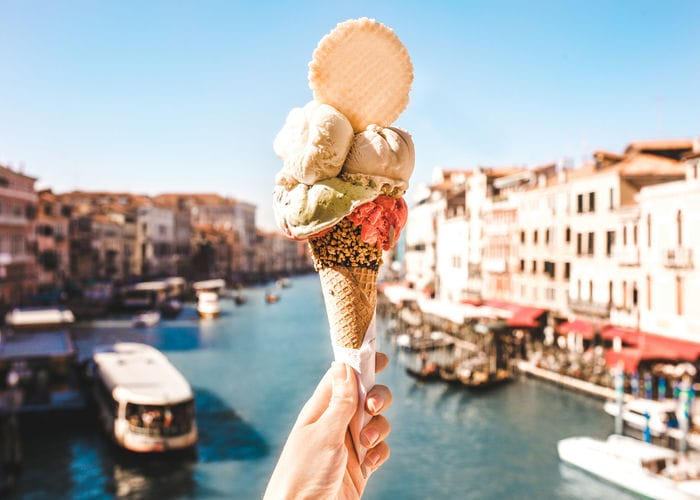
Recap of Key Points
In Italy, tipping is not mandatory, but it is a way to show appreciation for good service. People in the travel and hospitality sectors generally expect tips, albeit small ones.
Tips should be determined based on the quality and circumstances of the service provided. Here are some general guidelines for various services:
- Restaurants: Tip around 5%-10% for good service.
- Cafes/Bars: Leave spare change or €1-2.
- Taxis: Round up the fare or add up to 10%.
- Tour Guides: Tip €10-15 per person, depending on the tour quality.
It is crucial to remember that these guidelines are not compulsory; they are provided to help you navigate the confusing and controversial topic of tipping in Italy.
Encouragement for Respectful Tipping

Despite the lack of strict rules on tipping in Italy, it is essential to consider the values of respect and appreciation when deciding whether to tip and how much to tip.
Some situations might demand a higher tip to show gratitude for exceptional service, while others might not warrant a tip at all if the service received was subpar.
Ultimately, the decision to tip should be based on your personal experience and satisfaction with the service provided.
Remember, no matter if you're visiting Italy in February or August, tipping in Greece or Italy is an opportunity to show your appreciation for the hard work and efforts of local service providers.
By being mindful of the cultural nuances and following the key suggestions provided in this article, you can contribute to a positive and respectful tipping culture during your visit to Italy.






